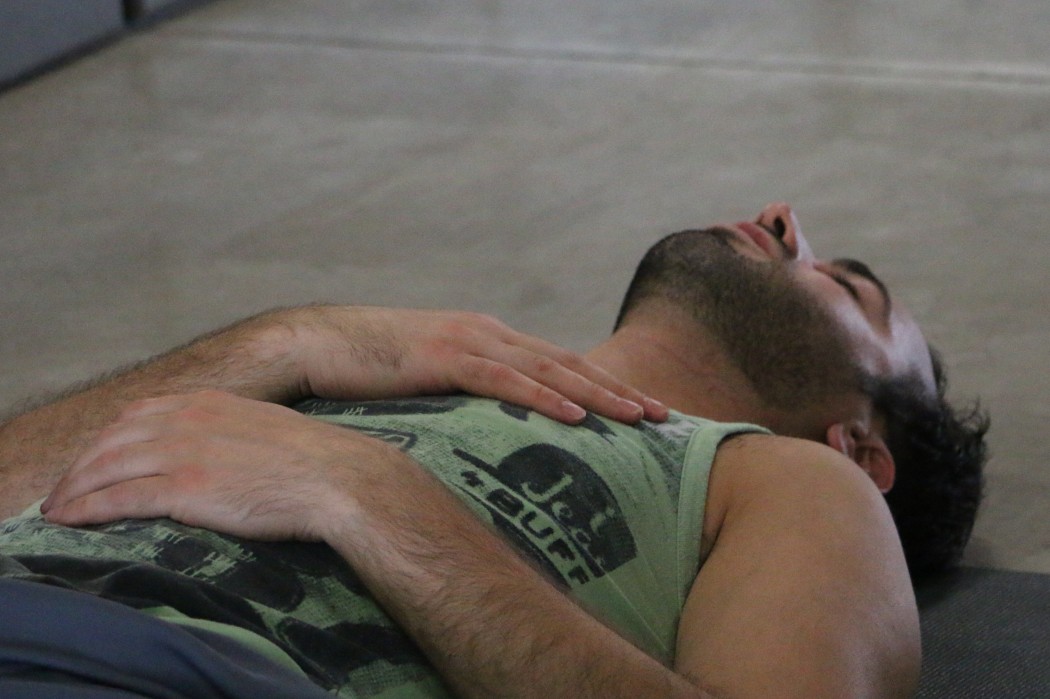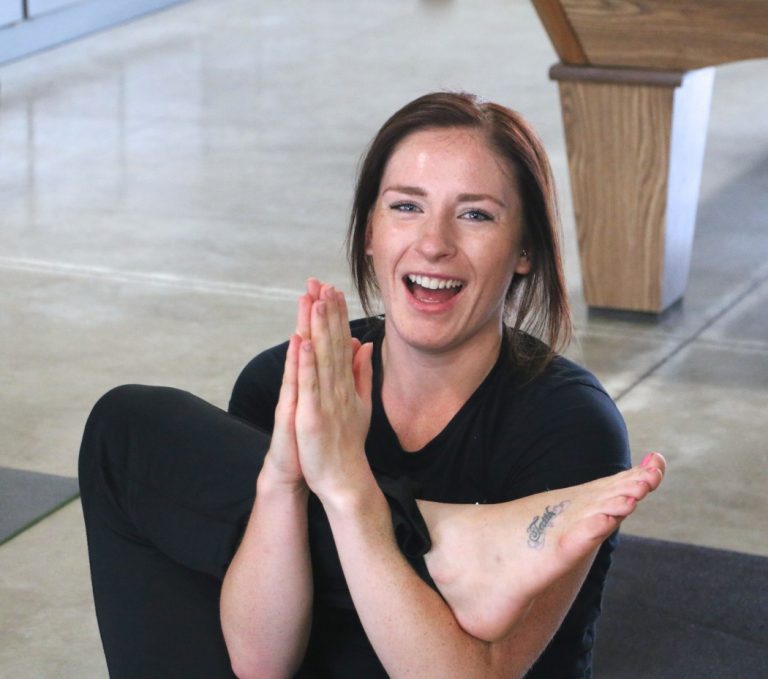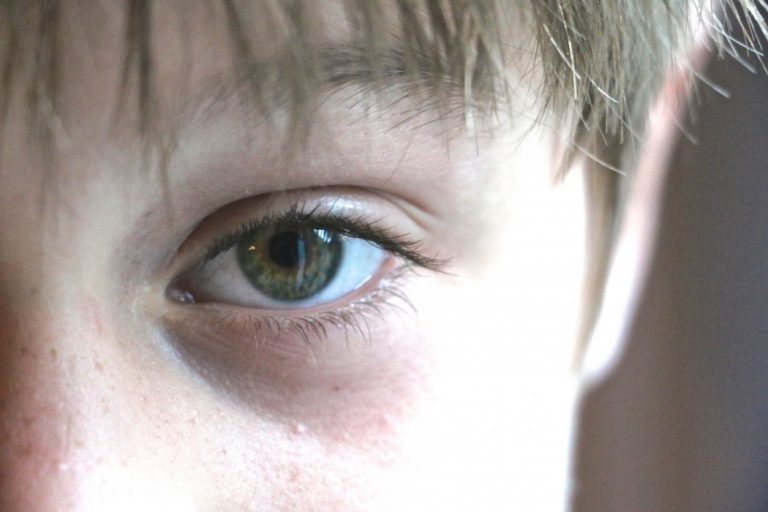Having trouble falling asleep? A lack of GABA (gamma-Aminobutyric acid) may be a root cause. Sometimes, it can be as simple as not having the right mattress to fall asleep. Check the mattress topper buying guide and experiment with different types and buy the ones that is the most suitable for you. GABA is an inhibitory neurotransmitter that helps to regulate the central nervous system (CNS), by signaling the brain and body to calm down. When we begin to experience anxiety or tension over a stressful event, the excitatory neurons in our brain start firing and launch us into fight vs. flight mode. When we are in a state of panic, fear, or rage, our heart rate increases, our muscles become tense, and our adrenaline goes into overdrive. GABA’s job is to tell the neurons that are touching each other to chill out and leave each other alone. When GABA does its job, the neurons quit fighting with each other, and we are able to calm down. Our heart rate decreases, our anxiety reduces, and we are able to relax.
The war that is won when GABA does its job is the battle between the neurotransmitters, serotonin, dopamine, and norepinephrine. Serotonin is the chemical in the brain that makes us feel happy and calm. This is why people with depression take SSRI’s such as Prozac or Zoloft, which help the brain to produce enough serotonin. Dopamine and norepinephrine are the chemicals in our brain that help us to feel alert and clear-headed. This is why our brains wake up as soon as we have something that stimulates our dopamine or norepinephrine levels, such as coffee, caffeinated beverages, or medications used to treat ADHD. If there’s not enough GABA available to us, our brains tend to produce too much dopamine and norepinephrine, and we begin to experience anxiety, insomnia, increased heart rate, and increased sweating.
When GABA levels are sufficient, we are able to feel calm and fall sleep. Many people who suffer from anxiety or insomnia turn to sleep aids to seek relief. NyQuil, Tylenol PM, and Melatonin are among the most popular. Many over-the-counter sleep aids contain antihistamines, which usually cause drowsiness. However, sleep aids can make insomnia worse for individuals with GABA deficiencies. When antihistamines bind to our GABA receptors, there is an increase in dopamine. This is usually not a big deal, because sufficient amounts of GABA will regulate the amount of dopamine by releasing serotonin to counteract it. When we don’t have enough GABA, the serotonin receptors are unable to work quickly enough to counteract the excess dopamine that is being released. When this happens, the NyQuil or melatonin we took in hopes of having a good night of sleep can cause anxiety, restlessness, and vivid dreams or nightmares. Symptoms of CNS-related disorders such as Restless Legs Syndrome (RLS) and Autism may also become worse when GABA levels are deficient.
In addition to the important role GABA plays in maintaining healthy sleep cycles, it also combats daytime fatigue, reduces symptoms of PMS, promotes lean muscle growth, burns fat, regulates blood pressure, assists with pain relief, and aids in recovery of injuries. You boost GABA levels naturally by consuming fermented foods, such as yogurt or Korean kimchi. Green, black, and oolong teas are also rich in GABA. A recent study found that consuming foods with potassium, such as bananas, is an important factor in decreasing daytime sleepiness (Grandner, et al, 2014). Potassium signals the brain to release GABA, and also plays a role in maintaining healthy blood pressure levels. GABA can also be taken as a capsule, liquid, or sublingual tablet. Finally, practicing yoga was found to increase brain levels of GABA by 27% in research participants (Streeter, et al., 2007), and is an excellent way to nourish the body and mind.
To learn more about Dr. Michael Grandner’s research on sleep and sleep-related behaviors, please visit http://www.michaelgrandner.com/pages/about.html




